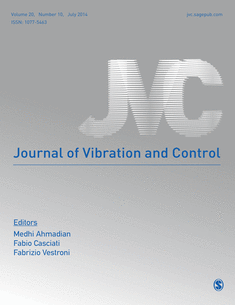 You’ve got to love when an author is willing to detail the specifics of an unhelpful retraction notice.
You’ve got to love when an author is willing to detail the specifics of an unhelpful retraction notice.
This May, a paper came out in Journal of Thoracic Diseases about drug-resistant tuberculosis. It was retracted in June, for “some misconduct in the manuscript.”
Here’s the notice:
The article “Application status of MALDI-TOF mass spectrometry in the identification and drug resistance of Mycobacterium tuberculosis” (doi: 10.3978/j.issn.2072-1439.2014.02.19) that appeared on page 512-516 of the May 2014 issue of the Journal of Thoracic Disease needs to be withdrawn due to some misconduct in the manuscript. We are sorry for the inconvenience caused.
Since that’s pretty vague and unhelpful, we reached out to corresponding author Jiayun Liu, who gave us a thorough rundown:
Continue reading Author steps in to clarify vague tuberculosis retraction
 Researchers at Qingdao University have fully retracted a paper originally published in Molecular Medicine Reports with a clear, detailed outline of what went wrong and how they discovered the error.
Researchers at Qingdao University have fully retracted a paper originally published in Molecular Medicine Reports with a clear, detailed outline of what went wrong and how they discovered the error. ow.”
ow.”




 The South African Journal of Botany has retracted a 2012 paper that claimed a variety of herbal extracts have antioxidant and anti-fungal properties, due to errors in “at least” one figure.
The South African Journal of Botany has retracted a 2012 paper that claimed a variety of herbal extracts have antioxidant and anti-fungal properties, due to errors in “at least” one figure.